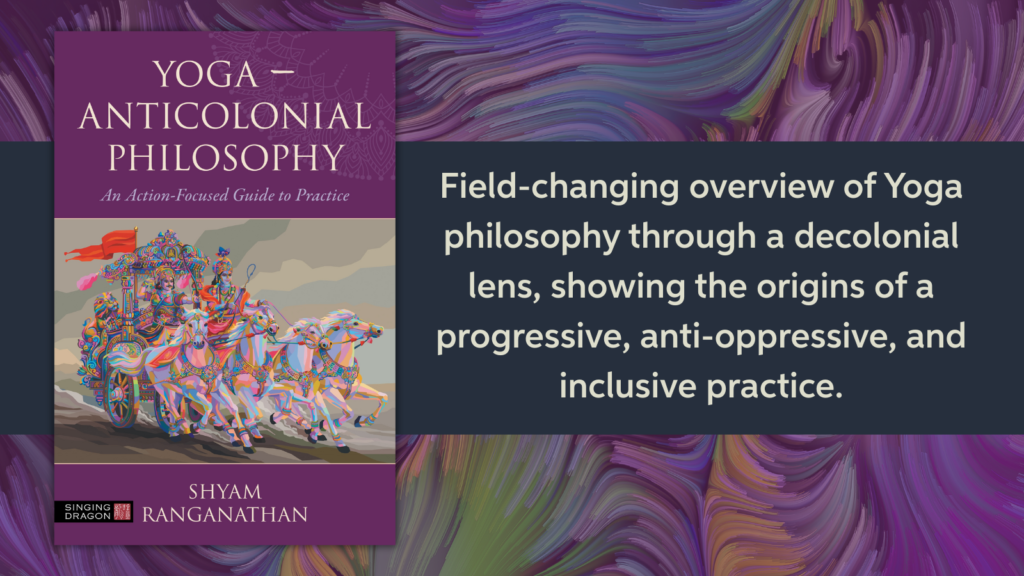
This blog post was written by Singing Dragon author Shyam Ranganathan, author of Yoga – Anticolonial Philosophy.
For those who have not been watching
Oppression, cruelty, and danger are surprisingly matters that anyone can ignore and be unaware of if they are not directly impacted. And even when it is on our doorstep, we can choose to be ignorant about such matters by creating ad hoc explanations that do not situate tragedy within larger historical trends.
Many of us for years have been concerned about the deterioration of the health of the environment and the remarkable systemic cruelty inflicted on nonhuman animals in ecosystems and factory farms, and we watched all of this in horror as most humans normalize this. This slow destruction of everything not human sets the backdrop for numerous painfully slow genocides and wars that have been occurring in spaces suffering from the legacy of colonization.
As a South Asianist, I was aware of the war against Tamil people in Sri Lanka, and the genocide of Rohingya people at the hands of the Myanmar state, both surprisingly (or perhaps not surprisingly) supported by local Buddhists! As I complete my second book on colonization, I’ve come to appreciate how normalized genocide has been in various theaters for centuries, including and especially North America.
According to scholarly reckoning, prior to European settlement in the Americas, Indigenous people on Turtle Island number in the 100 millions. Within three generations of European arrival, that population was down to 5% of its original number.
Many people in the Westernized world had become accustomed to a creation of Europe in the Middle East—Israel. October 7, 2023 changed that normalization with what Amnesty International and Human Rights Watch have concluded is an ongoing genocide against Palestinians—a claim that the International Court of Justice determined in 2024, is plausible.
There is a word for what we are going through: a polycrisis. Accordingly, there isn’t just one problem afoot. There are innumerable all at once, but they are not disconnected.
Continue reading